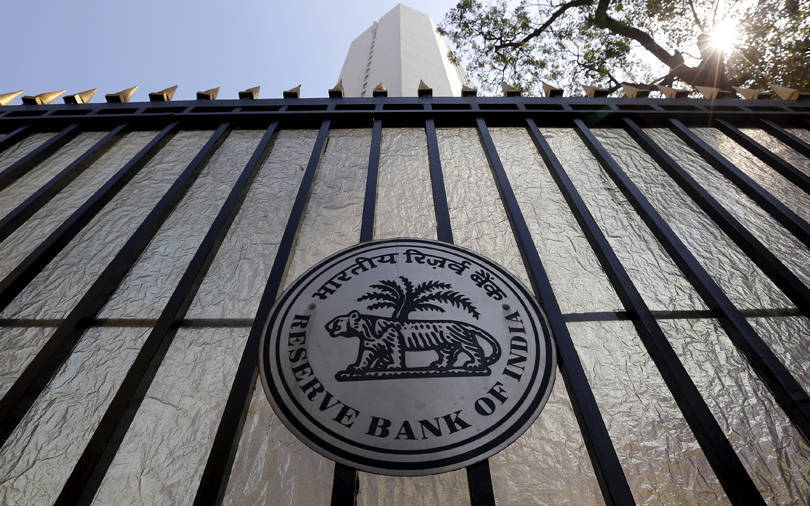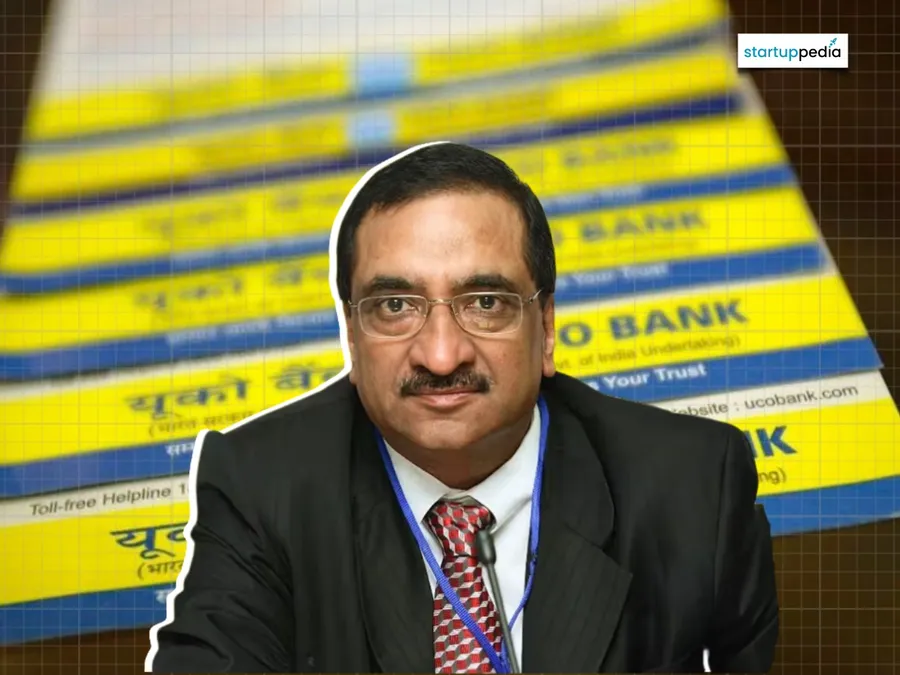Global Expansion Strategies for FinTechs in Emerging Markets: A Playbook for Leaders
2nd August 2025
 The Rise of Contactless Payments: Benefits and Security Concerns
The Rise of Contactless Payments: Benefits and Security Concerns
 How AI is Transforming the Credit Scoring System
How AI is Transforming the Credit Scoring System
 The Role of Cryptocurrencies in Cross-Border Payments
The Role of Cryptocurrencies in Cross-Border Payments
 Biometric Payments: The Next Big Trend in Secure Transactions
Biometric Payments: The Next Big Trend in Secure Transactions
 Top Fintech Innovations Shaping 2025: The Future of Finance
Top Fintech Innovations Shaping 2025: The Future of Finance
 The Evolution of Fintech Regulation: What’s Next?
The Evolution of Fintech Regulation: What’s Next?
.jpg) The Future of Payments: Trends Reshaping Transactions in 2025
The Future of Payments: Trends Reshaping Transactions in 2025
 Flipkart Gets a Lending Licence: A Bold Leap into Embedded Finance
Flipkart Gets a Lending Licence: A Bold Leap into Embedded Finance
 QR Codes and the Cashless Leap: Transforming India's Financial DNA
QR Codes and the Cashless Leap: Transforming India's Financial DNA
 How Open Banking is Shaping Financial Services Globally
How Open Banking is Shaping Financial Services Globally
 The Impact of 5G on Fintech Services
The Impact of 5G on Fintech Services
 What the Future Holds for Digital-Only Banks: Navigating the Next Era of Banking
What the Future Holds for Digital-Only Banks: Navigating the Next Era of Banking


31 July 2025
2 min read
207
India’s crypto regulation debate has reignited following the United States' landmark legislation on stablecoins. The US recently passed the GENIUS Act, which sets clear rules for the issuance and backing of dollar-pegged stablecoins by banks and licensed entities. The move is seen as a global benchmark — and is now pushing countries like India to clarify their own crypto stance.
While the Reserve Bank of India (RBI) continues to resist the legalisation of private cryptocurrencies, including stablecoins, experts say India can no longer afford to delay regulatory clarity. With more than 20 million Indian crypto users already transacting in offshore stablecoins like USDT and USDC, industry insiders warn that India risks being left behind in global fintech innovation.
Currently, India taxes all virtual digital assets (VDAs) at 30% on gains and 1% TDS on transactions. However, there’s no formal regulation recognising or licensing stablecoins. Meanwhile, India’s central bank digital currency (CBDC), the e-rupee, remains in limited retail use, with a circulation of ₹1,016 crore as of March 2025.
"The US law puts pressure on us to create a balanced framework," said a senior fintech policy analyst. "The demand isn’t for a free-for-all, but for rules that differentiate between use-cases like remittances or trading."
Some regulators like SEBI have advocated for a multi-agency oversight model, assigning responsibility for crypto assets based on their function—whether currency, security, or commodity. But RBI remains concerned about the risks of financial instability, capital flight, and loss of monetary sovereignty.
Recent security breaches involving major Indian crypto exchanges have also raised alarm bells. In July, CoinDCX reported a ₹378 crore hack, following a ₹2,000 crore attack on WazirX in 2024.
Despite growing investor interest and institutional pressure, the government has yet to release a comprehensive crypto policy. A discussion paper expected last year was reportedly delayed to factor in international developments, including the EU’s MiCA framework and now the US stablecoin law.
As global crypto regulation matures, India’s path forward could determine not just the domestic market’s future, but also the country’s leadership in the next generation of digital finance.
Read Next
 News
News
 Article
Article
 News
News
 News
News
 News
News
 News
News
Live Polls
Live Discussion
Topic Suggestion
Whom Do You Wish To Hear
Sector Updates
Leave your opinion / comment here